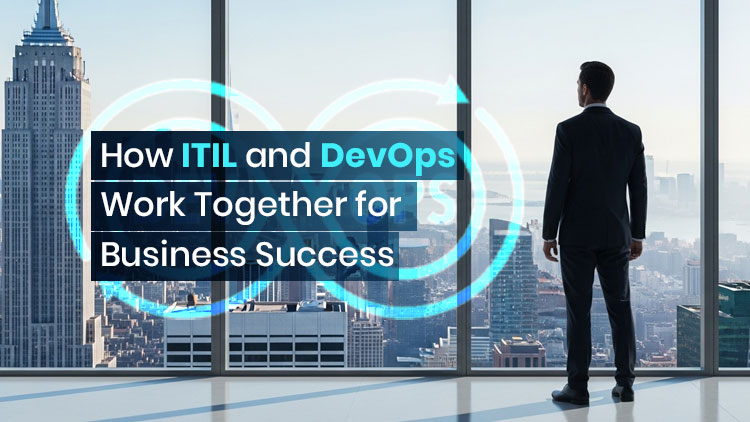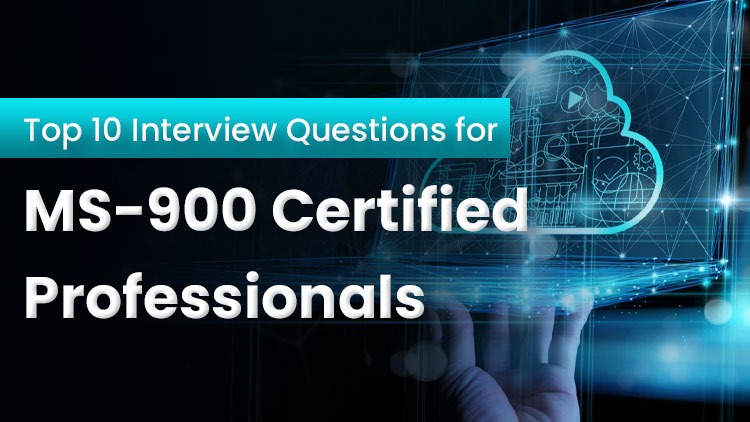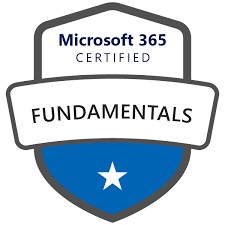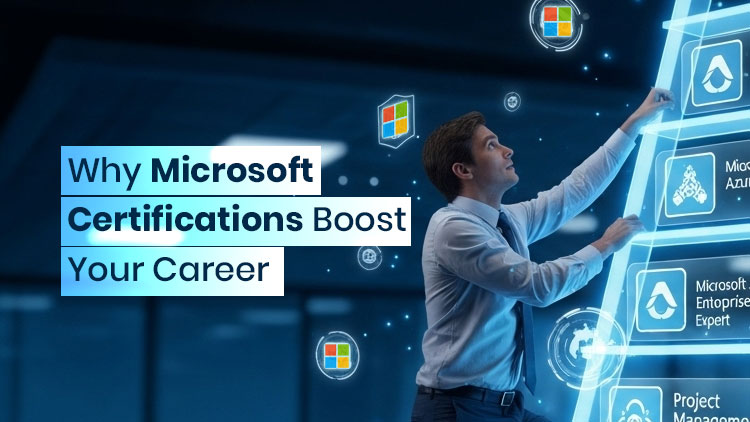
Top 10 Interview Questions for MS-900 Certified Professionals

Introduction
Microsoft MS-900, or Microsoft 365 Fundamentals, is a foundational certification that validates your knowledge of Microsoft 365 services and cloud computing concepts. This certification suits IT professionals and business users beginning their journey with Microsoft 365 and the cloud. To maximize your certification, you must be prepared for job interviews to test your theoretical knowledge and understanding of practical applications. In this blog, we outline the top 10 interview questions you may encounter as an MS-900 certified professional, along with detailed answers to help you build confidence and ace your interview.

Ready to elevate your cloud computing skills? VERSAtile Reads offers a comprehensive range of Resources, from practice questions to exam cram notes, tailored to support both beginners and experienced IT professionals. Whether you’re just starting out or looking to validate advanced skills, VERSAtile Reads provides the tools you need to navigate the cloud landscape confidently. Visit VERSAtile Reads today to find the certification resources that align with your career goals and start your learning journey toward success in the world of cloud technology!
About MS-900 Certification
This certification exam assesses your capacity to suggest Microsoft 365 solutions that deal with typical corporate IT problems. You ought to be aware of how Microsoft 365 solutions raise output, promote teamwork, and enhance communications.
You should be able to distinguish Microsoft 365 solutions from the competitors in the market as an exam candidate if you possess the necessary expertise. Additionally, you should be knowledgeable about Microsoft 365 licenses, deployment and migration assistance, and support choices for businesses trying to get the most out of their cloud investments.
This exam measures your ability to accomplish the following technical tasks:
- Describe cloud concepts (5–11%)
- Describe Microsoft 365 apps and services (45–50%)
- Describe security, compliance, privacy, and trust in Microsoft 365 (25–30%)
- Describe Microsoft 365 pricing, licensing, and support (11–16%)
Why MS-900 Certification Matters?
The MS-900 certification is a stepping stone to advanced Microsoft certifications and IT roles. It demonstrates your understanding of critical cloud concepts, Microsoft 365 services, security features, compliance mechanisms, and pricing structures. Companies value candidates with MS-900 certification, especially as businesses increasingly adopt Microsoft’s cloud services to drive digital transformation.
During interviews, you’ll likely face a mix of technical, conceptual, and situational questions to evaluate your readiness for real-world scenarios involving Microsoft 365.
Top 10 Interview Questions for MS-900 Certified Professionals
-
What Are the Core Components of Microsoft 365?
Microsoft 365 is a comprehensive solution that integrates productivity, collaboration, and security tools to meet modern business needs. It comprises Office 365 Suite, which includes essential productivity applications such as Word, Excel, PowerPoint, and Outlook, enabling seamless document creation, data analysis, presentations, and communication. Complementing this is Windows 10/11 Enterprise, a robust operating system offering advanced security, efficient management, and user-friendly features to ensure a secure and productive work environment. Enterprise Mobility + Security (EMS) also provides advanced tools to enhance identity protection, secure devices, and streamline overall security management. These components empower organizations to boost productivity, foster collaboration, and safeguard data, delivering a unified and secure digital workspace.
-
Explain the Concept of Software as a Service (SaaS) in Microsoft 365.
Software as a Service (SaaS) is a cloud computing model that provides applications over the internet, enabling users to access software without needing installation or infrastructure management. In Microsoft 365, SaaS is exemplified through applications like Outlook, Teams, and OneDrive, which can be accessed seamlessly via a web browser. This model offers significant advantages, such as cost-effectiveness, as businesses pay for what they use, and scalability, allowing organizations to adjust resources based on demand quickly. By eliminating the need for hardware maintenance and software updates, SaaS empowers users to focus on productivity while ensuring seamless access to tools from anywhere, anytime.
-
What Are the Key Differences Between Microsoft 365 and Office 365?
Microsoft 365 is a comprehensive offering that goes beyond Office 365 by integrating productivity, security, and management solutions into a single package. While Office 365 focuses primarily on productivity tools such as Word, Excel, and Teams to facilitate collaboration and efficiency, Microsoft 365 expands on this foundation by incorporating Windows 10/11 Enterprise and Enterprise Mobility + Security (EMS). This combination provides advanced security features, robust device management, and modern operating system capabilities, addressing productivity and enterprise-level security needs. As a result, Microsoft 365 delivers a unified solution for businesses seeking enhanced collaboration, streamlined management, and comprehensive protection for their digital environments.
-
Describe the Security Features Available in Microsoft 365.
Microsoft 365 provides robust advanced security features to protect organizations from evolving threats and ensure data security. Advanced Threat Protection (ATP) safeguards users from phishing attacks, malicious links, and malware by detecting and neutralizing threats in real-time. Multi-factor authentication (MFA) enhances login security by requiring additional verification steps, reducing the risk of unauthorized access. Data Loss Prevention (DLP) policies monitor and control data movement across platforms to prevent accidental sharing of sensitive information. Additionally, Conditional Access Policies ensure that only authorized users can access resources based on specific conditions, such as location, device compliance, or user identity. These features offer a multi-layered security approach, empowering organizations to effectively protect their data, users, and infrastructure.
-
How Would You Explain the Microsoft 365 Pricing Model?
Microsoft 365 provides flexible, subscription-based pricing designed to cater to the needs of individual users, small businesses, and enterprises. The plans are tailored to offer varying levels of services, including productivity tools, storage capacity, and advanced security features. Users can choose between monthly or annual billing, with cost savings available for longer-term commitments. This model allows businesses to scale their subscriptions quickly, adapting to changing requirements such as user growth or the need for additional features. By offering customizable plans and scalable solutions, Microsoft 365 ensures organizations can optimize costs while accessing the tools and resources they need for productivity and security.
-
Can You Explain the Role of the Microsoft 365 Admin Center?
The Microsoft 365 Admin Center is a centralized portal for efficiently managing an organization’s users, licenses, and services. This platform allows administrators to create and manage user accounts, assign roles, and configure access permissions to ensure proper resource allocation. It also enables setting up and enforcing security policies to safeguard data while providing tools to monitor service health and address potential issues proactively. Additionally, administrators can manage subscriptions and track usage to optimize costs and resources. By consolidating these functions into a single interface, the Admin Center streamlines the management of Microsoft 365 resources, significantly improving operational efficiency and control.
-
What Are the Benefits of Using Microsoft Teams for Collaboration?
Microsoft Teams is a powerful collaboration platform that enhances organizational teamwork and communication. It offers a range of features, including instant messaging, video conferencing, and voice calls, enabling seamless communication regardless of location. Teams integrate effortlessly with Office apps like Word, Excel, and PowerPoint, allowing users to access, edit, and share documents directly within the platform. Its real-time document sharing and co-authoring capabilities ensure that team members can collaborate on files simultaneously, fostering productivity and reducing delays. Additionally, Teams provides secure, centralized workspaces where groups can organize conversations, files, and tools, creating a unified hub for efficient collaboration. By combining communication, productivity, and security features, Microsoft Teams empowers teams to work together more effectively in a modern, connected environment.
-
How Does Microsoft 365 Support Remote Work?
Microsoft 365 enables and enhances remote work by providing tools and features that ensure productivity, collaboration, and security from any location. Its cloud-based access allows users to work with applications and files online, ensuring seamless connectivity without the need for on-premises infrastructure. Tools like Microsoft Teams facilitate virtual meetings, instant messaging, and collaboration, enabling teams to communicate and work effectively in real-time. To ensure secure access, Microsoft 365 incorporates features such as Multi-Factor Authentication (MFA) and Conditional Access Policies, which protect against unauthorized access by verifying user identity and enforcing compliance rules. Additionally, OneDrive offers reliable cloud storage and effortless file sharing, allowing users to access, store, and collaborate on documents from anywhere. These features create a secure, connected, and productive environment for remote work.
-
What Are Compliance Offerings in Microsoft 365?
Microsoft 365 offers robust compliance tools to help organizations meet regulatory requirements and manage data effectively. The Compliance Manager assists in assessing, monitoring, and improving an organization’s compliance posture by providing actionable insights and guidance tailored to specific regulations and standards. eDiscovery is a powerful feature that helps identify, collect, and manage data for legal investigations, ensuring organizations can meet legal obligations efficiently. Additionally, Retention Policies allow organizations to enforce data retention or deletion rules in line with regulatory requirements, helping to manage the lifecycle of critical information securely and compliantly. These tools provide a comprehensive framework to address compliance challenges, reduce risks, and maintain data integrity.
-
How Would You Explain Cloud Concepts Like Public Cloud, Private Cloud, and Hybrid Cloud?
Cloud computing can be categorized into three main models: Public Cloud, Private Cloud, and Hybrid Cloud, each offering unique advantages based on organizational needs. In a Public Cloud, services are hosted on shared infrastructure and delivered over the internet, as seen in solutions like Microsoft 365, offering cost efficiency and scalability without the need for on-premises hardware. In contrast, a Private Cloud provides infrastructure dedicated exclusively to a single organization, offering greater control, customization, and enhanced security, making it ideal for businesses with strict regulatory or operational requirements. The Hybrid Cloud model combines the strengths of both public and private clouds, providing flexibility and scalability by enabling organizations to store sensitive data on private infrastructure while leveraging the cost-effective, scalable resources of the public cloud for less critical workloads. These cloud models empower organizations to optimize performance, control, and cost-efficiency.
Conclusion
Becoming MS-900 certified showcases your foundational expertise in Microsoft 365 and cloud concepts, a skill set increasingly valued in today’s IT-driven landscape. By mastering these interview questions, you can confidently demonstrate your knowledge and readiness to apply it in real-world scenarios. Remember, your ability to articulate how Microsoft 365 services can solve business challenges will set you apart as a strong candidate.
FAQs
-
What is the MS-900 Certification, and who is it for?
MS-900 is a foundational certification for Microsoft 365, which is ideal for IT professionals and business users who want to understand cloud concepts and Microsoft 365 services.
-
How Can We Prepare for MS-900 Interviews?
To prepare and review Microsoft 365 fundamentals, practice answering situational questions, and understand the practical applications of Microsoft 365 tools.
-
What Career Opportunities Are Available After MS-900?
This certification opens doors to roles like Microsoft 365 Administrator, IT Support Specialist, or IT Consultant. It also serves as a foundation for advanced certifications like MS-100 and MS-102.
- Published Date:



